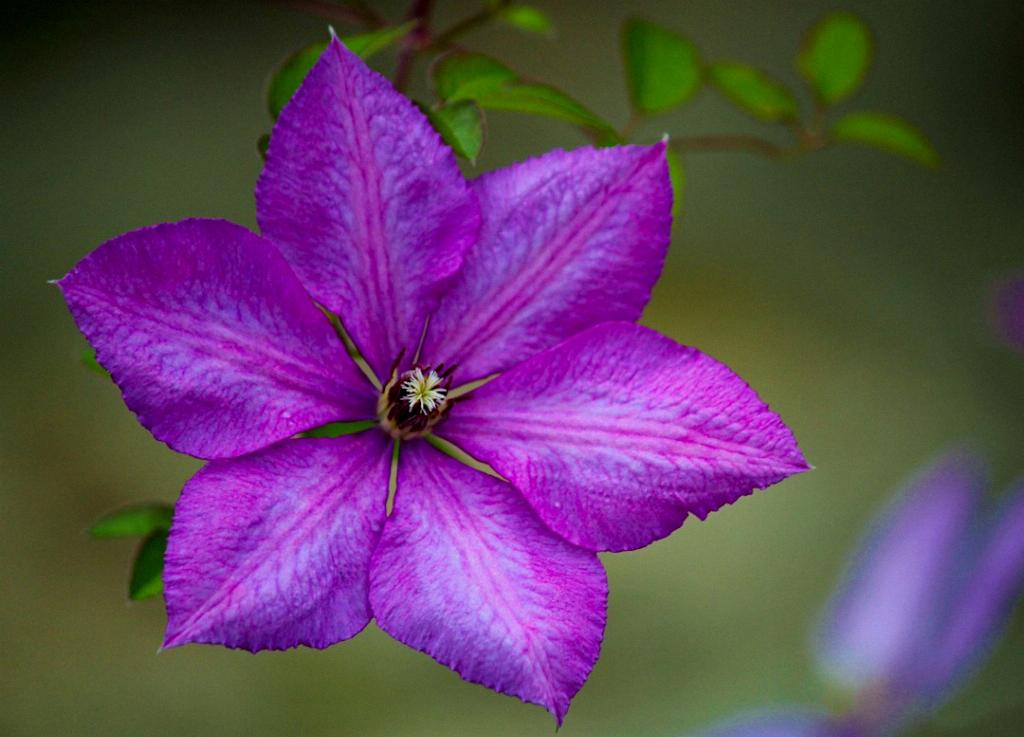When it comes to growing beautiful Clematis plants in your garden, understanding their soil preferences is crucial. Clematis, known for their stunning, colorful blooms, actually prefer a soil that is slightly alkaline to neutral, rather than acidic. This means that if you have acidic soil in your garden, you may need to take some extra steps to ensure that your Clematis plants thrive.
Clematis plants thrive in moist, well-draining soil. While they can tolerate a range of soil types, including slightly acidic soil, they truly thrive in soil that is more alkaline. If your garden soil tends to be on the acidic side, you can help sweeten it by adding limestone or a bit of wood ash periodically. This will help balance the pH levels and create a more favorable environment for your Clematis plants.
It’s important to note that while Clematis can adapt to different soil conditions, consistently acidic soil can have a negative impact on their growth and overall health. Acidic soil can inhibit nutrient uptake and affect the availability of essential minerals, which can ultimately impact the plant’s ability to thrive and produce vibrant blooms.
One way to ensure that your Clematis plants receive the nutrients they need is to regularly test the pH levels of your soil. This will help you gauge whether your soil is too acidic for optimal Clematis growth. If the pH levels are consistently low, you can take steps to amend the soil and raise the pH to a more suitable range.
Aside from adjusting the pH levels of your soil, there are other factors to consider when it comes to growing Clematis successfully. Providing adequate sunlight, proper support for climbing varieties, and regular pruning are all essential aspects of Clematis care that can contribute to their overall health and blooming capacity.
By ensuring that your Clematis plants are planted in soil that is conducive to their growth preferences, you can help them thrive and produce an abundance of stunning blooms season after season. Paying attention to their soil preferences and making necessary adjustments can make a significant difference in the health and vitality of your Clematis plants.
In conclusion, while Clematis plants can tolerate a range of soil conditions, including slightly acidic soil, they tend to thrive in soil that is more alkaline to neutral. If you have acidic soil in your garden, consider adding amendments such as limestone or wood ash to sweeten the soil and create a more favorable environment for your Clematis plants to flourish.
Remember, taking the time to understand and cater to the specific needs of your Clematis plants, including their soil preferences, can result in healthier, more vibrant plants that reward you with an impressive display of colorful blooms year after year.

